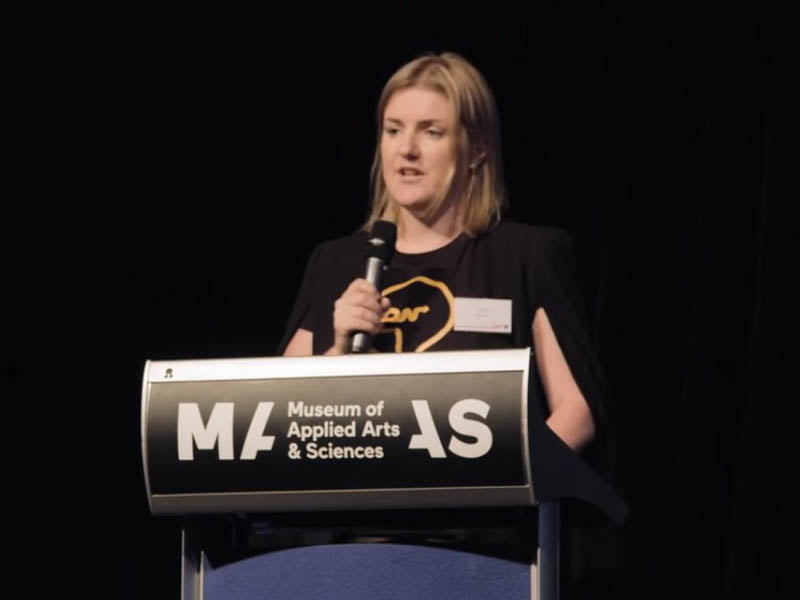CSIRO has a foot on the beach with its planned Asia expansion, after installing a rising star executive as Singapore director and based in the city-state.
Liza Noonan is the national science agency’s new Singapore director and is currently working out of Australia’s High Commission there in advance of sorting out more permanent digs.
Ms Noonan earned a reputation for making things happen at CSIRO during her former role as executive manager, innovation and leader of the agency’s ON Accelerator program.

The ON Accelerator program was created by CSIRO in 2015 and is dedicated to getting intellectual property out of publicly funded research labs and into the real world.
Prior to her CSIRO gigs, Ms Noonan had VC experience as general manager at women-centric Springboard Enterprises and also worked as local director of Alcatel Lucent’s ng Connect innovation fostering program.
CSIRO’s Asia push is part of a grand plan to lift the agency’s global schtick as it looks for one of its ‘moon shot’ initiatives to get off the pad and make a bang outside our comparatively small Australian market.
CSIRO had already begun lifting its global presence after opening a US office last year in Silicon Valley, the former stomping ground of CSIRO chief executive Larry Marshal. The agency has plans to open further digs in other US innovation, hot spots including Houston, Chicago and Washington DC.
The Asia push will see an office in China and give CSIRO direct access to the super-scale Chinese market where 850 million people have come out of poverty since 1981 and created surging demand for all forms of digital products and services.
CSIRO’s ‘moon shot’ hopefuls dovetail nicely into the National Mission plan put forward in the recent Innovation and Science Australia 2030 Strategy report.
The first National Mission proposed to government by the ISA is to employ advanced genomics and precision medicine to help Australia become the healthiest country on Earth.
The Genomics and Precision Medicine National Mission would look to pushing our life expectancy to the top as well as improving quality of life.
The cost of the project is a $200 million contribution over ten years from the Federal government, bolstered by another $200 million from the states, industry, and the philanthropy and education sectors.
CSIRO has also targeted precision medicine as being ‘moon shot’ grade research.
Another National Mission proposal involves saving the Great Barrier Reef from climate change which is also a CSIRO ‘moon shot’ and converting a city from natural gas to hydrogen power, another idea with strong export potential.
Backing up CSIRO’s global market push in the moolah department is Main Sequence Ventures which manages the CSIRO Innovation Fund.
Main Sequence is a $200 million Bill Bartee-led fund announced in late 2015 as part of the National Innovation and Science Agenda to bridge that gap between Australian science prowess and mainstream money.
The VC has already put money into a range of undertakings including Q-Ctrl, Intersective, Morse Micro and Maxwell MRI.
All of these have ‘moon shot’ potential, especially Q-Ctrl which is looking to provide the firmware framework for the quantum computers that are on the edge of discovery.
The other two are global worthies as well. Morse Micro is working on next generation WiFi chips and has the potential to provide the firmware framework for quantum computers, Morse Micro is building the next generation of WiFi chip, Intersective is using data science to help workers better handle the uncertain future and Maxwell MRI is looking into better detection and diagnosis of prostate cancer.
Do you know more? Contact James Riley via Email.

